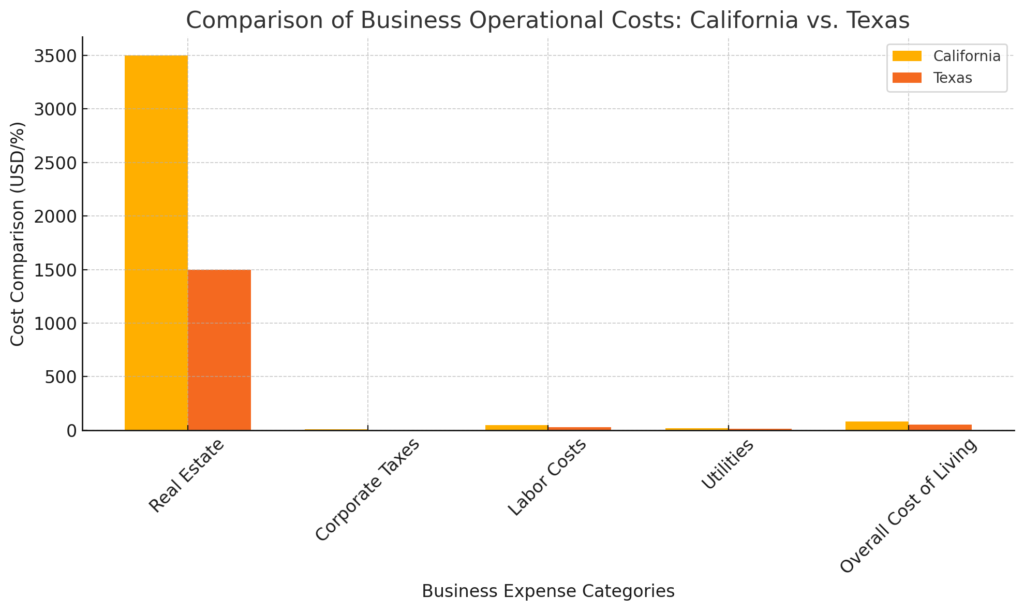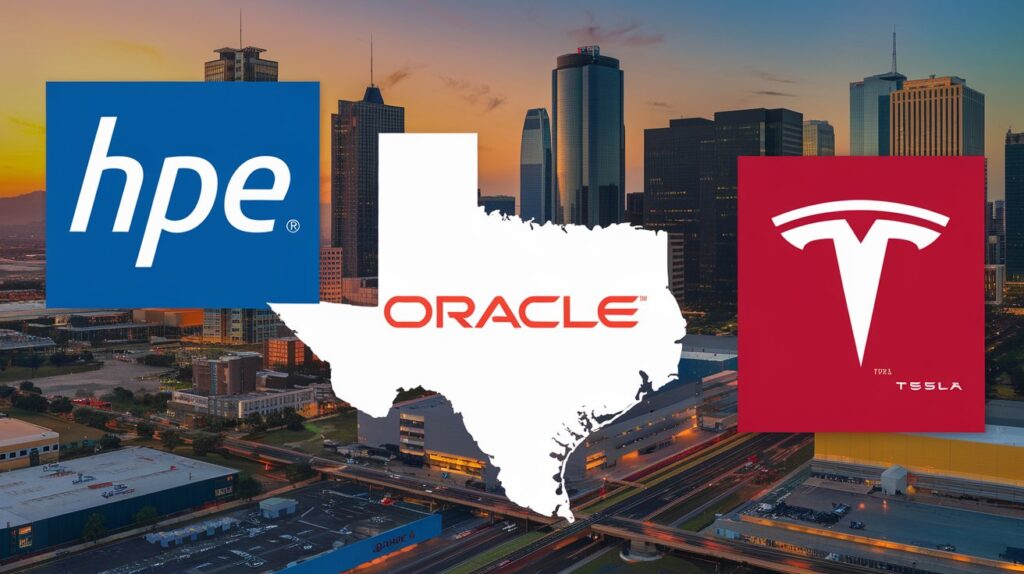California’s Tech Exodus: Why Major Companies Are Leaving Silicon Valley for Texas and Beyond
Silicon Valley, once synonymous with technological innovation and the epicenter of the global tech industry, is witnessing an unprecedented shift. Major tech giants are packing their bags, relocating headquarters, and setting up operations in states like Texas, reshaping the future of the American tech landscape. This phenomenon, widely known as the “California Tech Exodus,” is driven by a mix of economic, regulatory, and lifestyle factors.
Key Reasons Behind the California Tech Exodus
1. Sky-High Operational Costs in California
The cost of doing business in California has soared over the years. From exorbitant real estate prices to high income and corporate tax rates, companies face significant financial burdens. The average cost of living in Silicon Valley is 80% higher than the national average, making it difficult for businesses to retain talent and manage overhead expenses efficiently.

2. Business-Friendly Environment in Texas
In contrast, Texas offers a pro-business climate characterized by no personal income tax, lower corporate taxes, and affordable real estate. Cities like Austin, Dallas, and Houston provide a robust infrastructure, supportive local governments, and a vibrant culture that attracts both companies and employees. Austin, often dubbed “Silicon Hills,” has become a tech hub with a thriving ecosystem.
Table of Contents
3. Remote Work Revolution
The COVID-19 pandemic accelerated the remote work trend, proving that physical proximity is not essential for productivity. This shift has empowered companies to explore locations that offer better financial incentives without compromising operational efficiency.
4. Access to a Growing Talent Pool
Texas’s investment in higher education and its diverse, skilled workforce make it an attractive destination for tech companies. Universities like the University of Texas at Austin produce top-tier graduates, feeding the talent pipeline for tech firms.
Notable Companies Leading the Tech Migration

- Hewlett Packard Enterprise (HPE): In 2020, HPE moved its headquarters from San Jose, California, to Houston, Texas, citing cost advantages and growth opportunities.
- Oracle: The software giant shifted its headquarters to Austin, Texas, emphasizing flexibility for employees and a lower cost of living.
- Tesla: Elon Musk announced Tesla’s headquarters relocation to Austin, where the company is building its massive Gigafactory, solidifying Texas as a major tech player.
The Economic Impact of the Tech Exodus
While California remains a significant tech powerhouse, the exodus is redistributing economic activity across the U.S. Texas has experienced a surge in job creation, increased real estate development, and a growing tax base. However, this migration also presents challenges, such as infrastructure strain and rising housing costs in receiving cities.
Challenges for Companies Moving to Texas
Relocating isn’t without its hurdles. Companies moving to Texas must navigate cultural adjustments, regulatory differences, and potential political and social disparities. Additionally, while Texas offers many financial advantages, the state’s infrastructure is still adapting to the rapid influx of businesses and residents.
Conclusion
The “California Tech Exodus” is more than just a trend; it’s a fundamental shift in how and where America’s tech industry operates. As companies continue to seek business-friendly environments, lower costs, and access to diverse talent pools, states like Texas will play an increasingly vital role in shaping the future of technology in the U.S.
This decentralization may foster new hubs of innovation, reduce the concentration of tech power, and create a more balanced economic landscape nationwide. [USnewsSphere.com]




